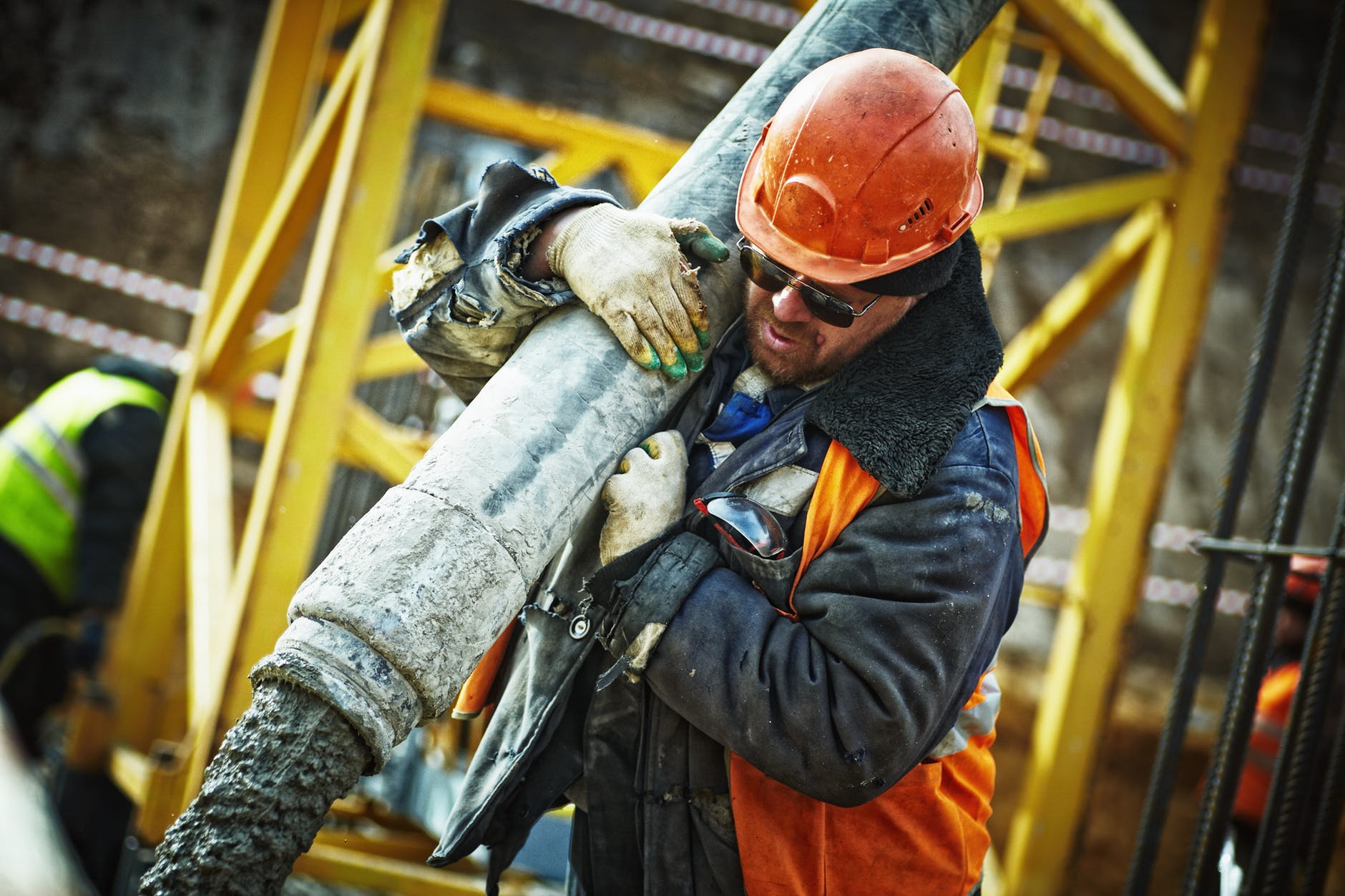Death.
It’s not the easiest thing to talk about, but it’s important. Especially when it comes to deciding what happens to your assets. After all, you spent all your life working hard to build your estate.
On average, only 44% of Americans have their estate settled. Are you one of them?
If not, don’t fret. Read on to discover 10 estate planning tips, so that you’re prepared for when the time comes.
1. Assess Your Estate:
Before you begin legal processions, it is worth your while to take an inventory of your estate.
Start by evaluating your possessions. Tangible objects, like heirlooms, are easy to make note of and won’t be as complex to distribute to a beneficiary. But not every asset is tangible.
Take care to note intangible possessions, such as investments, retirement contributions, or life insurance.
Speaking of life insurance…
2. Get a Life Insurance Policy:
A life insurance policy is a great investment to make, especially if you have a family. In the event of an untimely death, life insurance can replace income for whoever relies on you for financial support. And, investing in life insurance sooner can lower your cost.
If you are looking for a way to add to your estate, life insurance is a safe bet.
3. Find the Right Lawyer to Give You Personalized Estate Planning Tips:
In order to ensure your estate will be properly managed and distributed, you need a reputable estate planning attorney.
An estate planning attorney will draft the documents needed in order to plan your estate, such as wills, and trusts. It’s important to have an attorney on hand because they can provide counsel that you will not be able to find anywhere online.
The attorneys at De Bruin Law Firm note how computer-generated forms and other DIY solutions won’t cut it. Online forms may not be tailored to the local law in your area, and mistakes could actually cost you in the long run. An estate planning attorney will better understand the subtleties involved when it comes to the law and planning your estate.
4. Choose Your Beneficiaries:
Certain types of assets aren’t passed through wills, such as life insurance or retirements accounts. Instead, they’re passed down by a beneficiary designation. Be sure to keep this information up-to-date, or the wrong person may receive the inheritance.
5. Determine Your Executor:
An executor is someone who manages the plans for your estate. This could be anyone from a family member to an attorney. One factor to determine your choice of executor is the nature of your assets.
For smaller estates, a family member could do. For more complex estates, consider an attorney or a corporate trustee.
In any case, the executor should be someone you trust to carry out your wishes.
According to leading legal experts at Faulkner Law, the executioner of the will plays a critical role in ensuring everything is carried out in accordance with the wishes of the individual. You need to choose an executioner that works in an affordable fee range.
6. Plan Your Taxes:
There’s a saying that goes like this: “There are only two certainties in life. Death, and taxes.” In the case of estate taxes, they happen at the same time.
To reduce estate tax liability, transfer assets gradually. This could mean breaking your assets into shares instead of one lump sum, then dispersing them in chunks yearly. By the end of the time frame you allotted for the disbursement, sole ownership will be granted to the designated beneficiary.
7. Write a Will:
A will is a document that determines where your assets will be distributed only after you die.
Wills must go through probate in order for the assets to be distributed to beneficiaries, which can be costly. They’re also subject to public records.
8. Construct a Trust:
A trust is similar to a will in that it is a document that denotes where assets are to be distributed.
The difference, though, is that trusts are effective immediately, and can bypass the probate step.
Trusts also allow you the ability to disburse assets slowly over time, instead of all at once.
Trusts are more flexible than wills when it comes to estate planning, but that doesn’t mean it’s always the best choice. It’s best to discuss your options with your attorney to determine how your assets are to be distributed.
9. Designate Your Power of Attorney:
A power of attorney is someone that manages your affairs in your stead. This is helpful if you are unavailable for signing legal documents because it reduces disruptions in your own life. It’s also beneficial to have a power of attorney because they can manage your estate if you are medically incapacitated.
Because the power of attorney is someone that acts on your own behalf, you should choose someone that you trust.
10. Review Your Estate Plan:
After your documents have been drafted, you might be satisfied with the way your estate will be handled.
For now, that is.
There are many unforeseen circumstances when it comes to life, let alone estate planning. It’s important to keep your paperwork updated in the event of changes so that the correct people inherit what they’re supposed to.
Some things to look out for are our name changes, changes in power of attorney, or if any alternative guardians to minors should be designated. Check-in with your lawyer as instances occur to make the proper updates.
Now What?
Now that you’re aware of a few estate planning tips, you can rest easy knowing that all of your hard work will fall into the right hands: the hands that you chose.
If you’re wanting to increase your estate in the long run, check out these tips that will change your finances for the better.
Read Also:






















